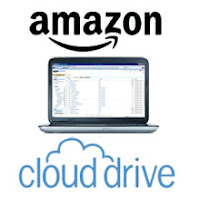We talk about the cloud and its benefits all the time. But to get the benefit of cloud adoption, there are certain requirements. In nutshell-- you need a Cloud application but do you know what you should look to ensure that you make the right choice?
Before making the decision, ensure:
a) Whether the application is multi-tenant in true sense. The main benefit of the cloud applications is that many could access the application without any issues or creating problems for each other. It’s like staying in an apartment with many tenants that too in harmony.
b) Is the solution really scalable? You as an organization would grow, and can the solution keep in pace with your growth? Hence scalability becomes a major requirement.
c) Can it integrate seamlessly? Unless it integrates without any issues with your business critical applications and into your organization, there won’t be much help in using the solution.
d) How secured is it? You would not want any security breaches or intrusion into your systems. So security forms a critical concern.
e) Can it be deployed easily and quickly? Faster deployment saves money and time, and ensures that your systems are up for business faster.
f) Do you have control over it?
Before making the decision, ensure:
a) Whether the application is multi-tenant in true sense. The main benefit of the cloud applications is that many could access the application without any issues or creating problems for each other. It’s like staying in an apartment with many tenants that too in harmony.
b) Is the solution really scalable? You as an organization would grow, and can the solution keep in pace with your growth? Hence scalability becomes a major requirement.
c) Can it integrate seamlessly? Unless it integrates without any issues with your business critical applications and into your organization, there won’t be much help in using the solution.
d) How secured is it? You would not want any security breaches or intrusion into your systems. So security forms a critical concern.
e) Can it be deployed easily and quickly? Faster deployment saves money and time, and ensures that your systems are up for business faster.
f) Do you have control over it?



